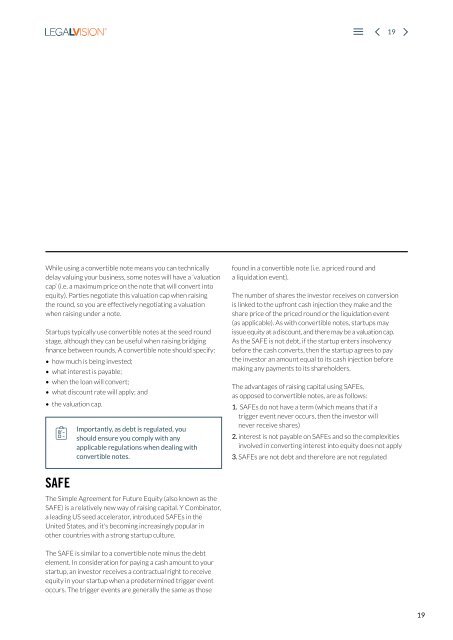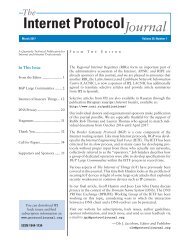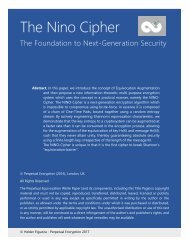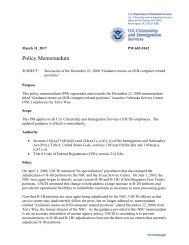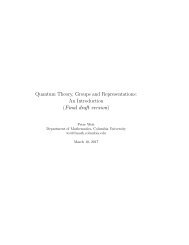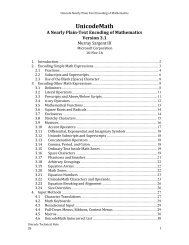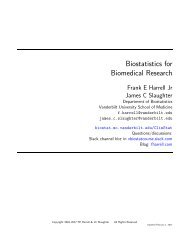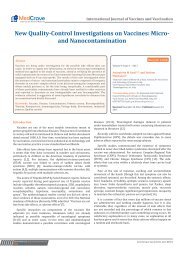Create successful ePaper yourself
Turn your PDF publications into a flip-book with our unique Google optimized e-Paper software.
19<br />
While using a convertible note means you can technically<br />
delay valuing your business, some notes will have a ‘valuation<br />
cap’ (i.e. a maximum price on the note that will convert into<br />
equity). Parties negotiate this valuation cap when raising<br />
the round, so you are effectively negotiating a valuation<br />
when raising under a note.<br />
Startups typically use convertible notes at the seed round<br />
stage, although they can be useful when raising bridging<br />
finance between rounds. A convertible note should specify:<br />
• how much is being invested;<br />
• what interest is payable;<br />
• when the loan will convert;<br />
• what discount rate will apply; and<br />
• the valuation cap.<br />
Importantly, as debt is regulated, you<br />
should ensure you comply with any<br />
applicable regulations when dealing with<br />
convertible notes.<br />
found in a convertible note (i.e. a priced round and<br />
a liquidation event).<br />
The number of shares the investor receives on conversion<br />
is linked to the upfront cash injection they make and the<br />
share price of the priced round or the liquidation event<br />
(as applicable). As with convertible notes, startups may<br />
issue equity at a discount, and there may be a valuation cap.<br />
As the SAFE is not debt, if the startup enters insolvency<br />
before the cash converts, then the startup agrees to pay<br />
the investor an amount equal to its cash injection before<br />
making any payments to its shareholders.<br />
The advantages of raising capital using SAFEs,<br />
as opposed to convertible notes, are as follows:<br />
1. SAFEs do not have a term (which means that if a<br />
trigger event never occurs, then the investor will<br />
never receive shares)<br />
2. interest is not payable on SAFEs and so the complexities<br />
involved in converting interest into equity does not apply<br />
3. SAFEs are not debt and therefore are not regulated<br />
SAFE<br />
The Simple Agreement for Future Equity (also known as the<br />
SAFE) is a relatively new way of raising capital. Y Combinator,<br />
a leading US seed accelerator, introduced SAFEs in the<br />
United States, and it's becoming increasingly popular in<br />
other countries with a strong startup culture.<br />
The SAFE is similar to a convertible note minus the debt<br />
element. In consideration for paying a cash amount to your<br />
startup, an investor receives a contractual right to receive<br />
equity in your startup when a predetermined trigger event<br />
occurs. The trigger events are generally the same as those<br />
19


